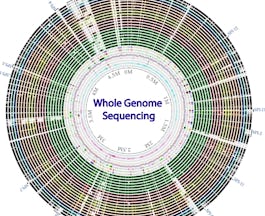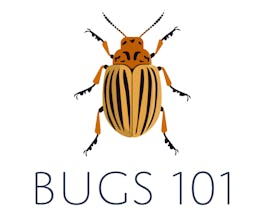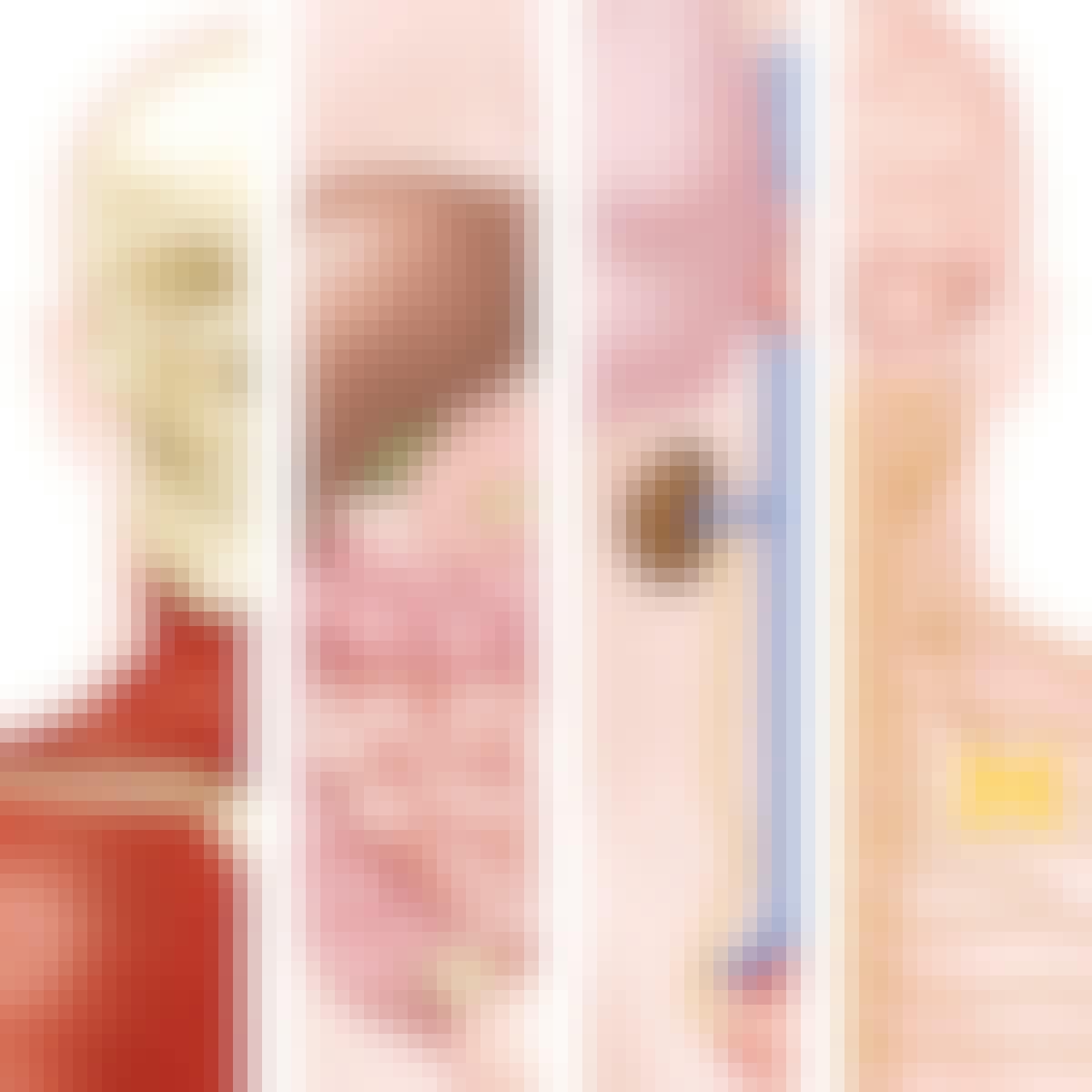Filter by
The language used throughout the course, in both instruction and assessments.
Results for "identifying+species"
 Status: Free
Status: Free
Duke University
Skills you'll gain: Life Sciences, Biostatistics, Environment, General Science and Research, Taxonomy, Scientific Methods, Statistical Methods, Mathematical Modeling
 Status: Free
Status: Free
Tel Aviv University
Skills you'll gain: Scientific Methods, General Science and Research, Research, Life Sciences, Experimentation, Psychology, Environment, Anatomy
 Status: Free
Status: Free
Yale University
Skills you'll gain: Anatomy, Respiration, Electocardiography, Physical Therapy, Medical Terminology, Vital Signs, Internal Medicine, Radiology, General Medical Tests and Procedures, Surgery


Johns Hopkins University
Skills you'll gain: Life Sciences, Treatment Planning, Clinical Research, General Medical Tests and Procedures, Medical Science and Research, Image Analysis, Epidemiology, Risk Analysis, Anatomy, General Science and Research
 Status: Free
Status: Free
Technical University of Denmark (DTU)
Skills you'll gain: Bioinformatics, Infectious Diseases, Medical Science and Research, Epidemiology, Network Analysis, Life Sciences, Database Development, Taxonomy, Big Data, Scientific Methods, Statistical Analysis, Data Processing, Data Quality
 Status: Free
Status: Free
University of Alberta
Skills you'll gain: Environment, Infectious Diseases, Social Studies, Anthropology, Anatomy, Life Sciences, Economics, Policy, and Social Studies, Environmental Resource Management, Natural Resource Management, Taxonomy, Criminal Investigation and Forensics, Environmental Monitoring, Mechanics
 Status: Free
Status: Free
American Museum of Natural History
Skills you'll gain: Environment, Systems Thinking, Natural Resource Management, Environmental Issue, Environment and Resource Management, Life Sciences, Social Studies, Mathematical Modeling, Scientific Methods


University of Michigan
Skills you'll gain: Anatomy, Respiration, Kinesiology, Life Sciences, Vital Signs, Health Systems, Physical Therapy, Medical Terminology, Psychology, Clinical Experience, Structural Analysis, General Medicine
 Status: Free
Status: Free
University of Alberta
Skills you'll gain: Physical Science, Life Sciences, Taxonomy, Environment, Scientific Methods, Research, Science and Research, Structural Analysis, General Science and Research
 Status: Free
Status: Free
American Museum of Natural History
Skills you'll gain: Life Sciences, Taxonomy, Simulations, Science and Research, Scientific Methods, Timelines, Environmental Issue, General Science and Research, Research, Research Methodologies
 Status: Free
Status: Free
The University of Edinburgh
Skills you'll gain: Life Sciences, Environment, Research, Physical Science, General Science and Research, Science and Research, Scientific Methods, Experimentation
 Status: Free
Status: Free
University of Arizona
Skills you'll gain: Life Sciences, Physical Science, General Science and Research, Research, Environment, Experimentation, Scientific Methods, Simulation and Simulation Software, Data Collection, Estimation
In summary, here are 10 of our most popular identifying+species courses
- Introduction to Genetics and Evolution: Duke University
- Understanding Plants - Part I: What a Plant Knows: Tel Aviv University
- Anatomy of the Chest, Neck, Abdomen, and Pelvis: Yale University
- Introduction to the Biology of Cancer: Johns Hopkins University
- Whole genome sequencing of bacterial genomes - tools and applications: Technical University of Denmark (DTU)
- Bugs 101: Insect-Human Interactions: University of Alberta
- Ecology: Ecosystem Dynamics and Conservation: American Museum of Natural History
- Anatomy: University of Michigan
- Dino 101: Dinosaur Paleobiology: University of Alberta
- Dinosaurs: Evolution, Extinction, and Paleobiology: American Museum of Natural History










